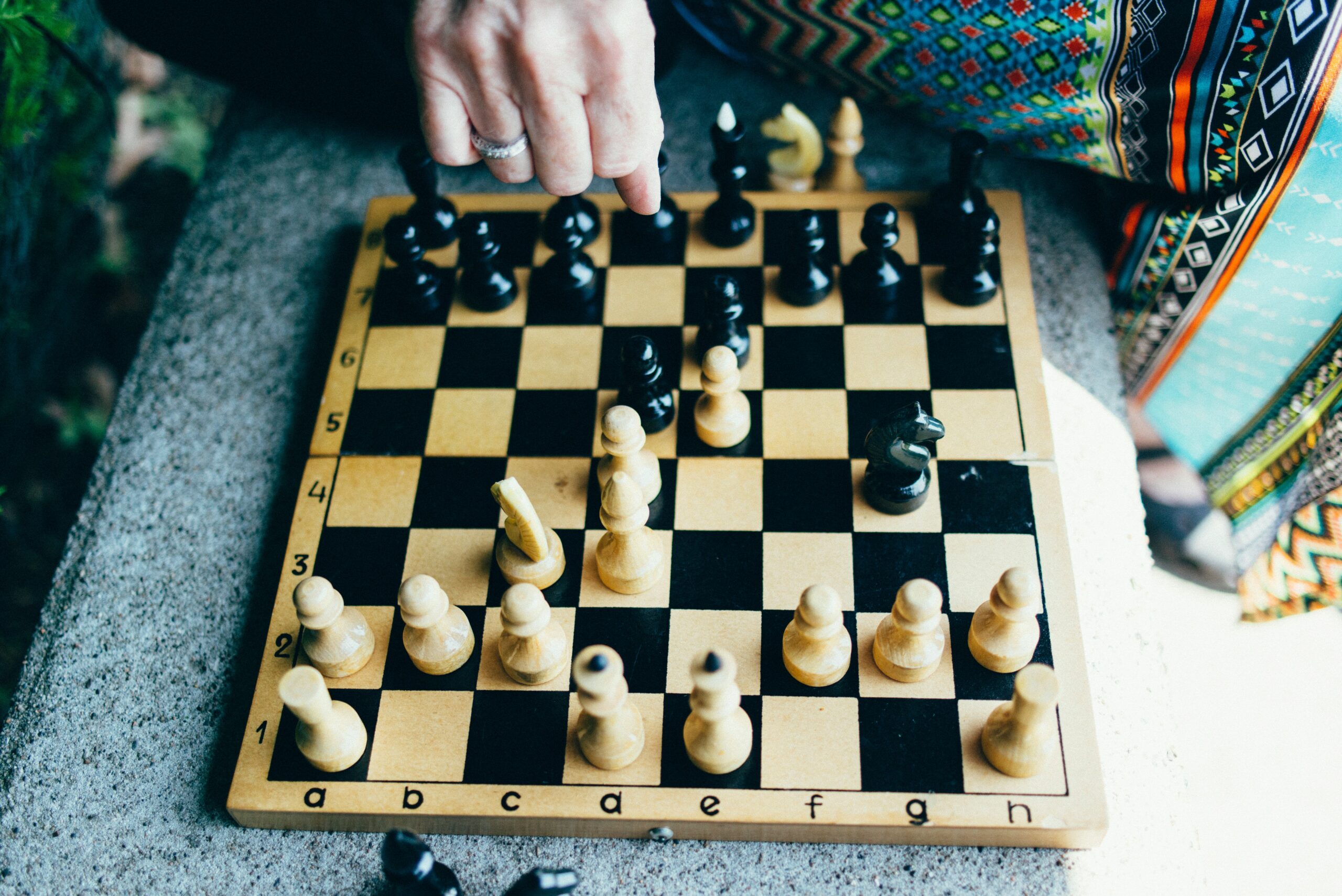We recently received some questions about lifelong learning from readers who aren’t in formal education. One of our previous posts focused on structured learning, but lifelong learning certainly isn’t limited to that. There’s an entire world of informal learning that equally counts as lifelong learning and can be just as transformative.
What is lifelong learning?
Lifelong learning encompasses all types of learning—formal, informal, and experiential. Formal education, like classes and certifications, offers structured ways to acquire specific knowledge and skills. However, learning can also happen outside the traditional classroom. It includes experiences that shape us, like learning a new language through travel, exploring topics through books and podcasts, or experimenting with a new recipe. Lifelong learning, then, is an ongoing journey, not a single path.
The importance of informal learning
While formal education builds foundational knowledge, informal learning helps us adapt, grow, and develop skills in real-life contexts. Think of informal learning as the lessons we pick up naturally as we navigate through life. For instance, engaging in conversations about current events, discovering new hobbies, or reflecting on life experiences can enhance our understanding of ourselves and the world around us. This continuous process contributes to personal and professional growth, making us more resilient, open-minded, and adaptable.
Becoming a lifelong learner
So, how can you actively embrace lifelong learning? Here are some practical steps to get started:
- Stay curious: Approach life with a sense of curiosity. Ask questions, explore new perspectives, and challenge your own assumptions. Curiosity drives us to seek new information and open doors to fresh insights.
- Experiment: Learning doesn’t always need to be goal-driven. Sometimes, the most valuable lessons come from experimenting without a set outcome in mind. Tinker with a new skill, try a different hobby, or dive into a topic that’s unfamiliar.
- Reflect and apply: Reflection is crucial to making sense of what we learn. Take time to process new information and consider how it might apply to your life. This can lead to greater self-awareness and more meaningful personal growth.
- Connect and collaborate: Share your learning experiences with others. Conversations and collaborations introduce new ideas and perspectives, helping to reinforce what we learn and see it from a broader view.
- Commit to growth: Lifelong learning is a mindset that thrives on the belief that we are all capable of growth. Adopt a mindset that sees setbacks as learning opportunities, and view each day as a chance to grow.
Lifelong learning: a path of continual growth
In a world that’s rapidly evolving, lifelong learning enables us to stay flexible and capable of navigating new challenges. By engaging with learning in all its forms, we equip ourselves with the tools to adapt, thrive, and keep progressing. Whether you’re learning a new skill, refining an old one, or exploring a different perspective, know that each experience enriches your journey. Embrace lifelong learning as an ongoing adventure that doesn’t need a classroom, a syllabus, or even a clear end goal—just a willingness to keep growing.
Have you started a learning journey in midlife? Formal education, or simply some workshops or seminars? How did it go? Do you have any tips you can share with other midlifers?




